
National Indigenous History Month and National Indigenous Peoples Day are times of celebration and reflection. The month signifies the opportunity to welcome learning as well as come together to build connections between Indigenous people and non-Indigenous people.
Each year on June 21, the cultural richness and contributions of First Nations, Inuit and Métis Peoples is celebrated. In the spirit of reflection, Indigenous students who are a part of the York University community have shared what Indigenous History Month and National Indigenous Peoples Day means to them. The students shared their reflections with Leo Manning, a psychology student entering his third year of studies. Manning is of Plains Cree and settler descent, a member of Saddle Lake Cree Nation, but grew up in amiskwaciwâskahikan (Edmonton).
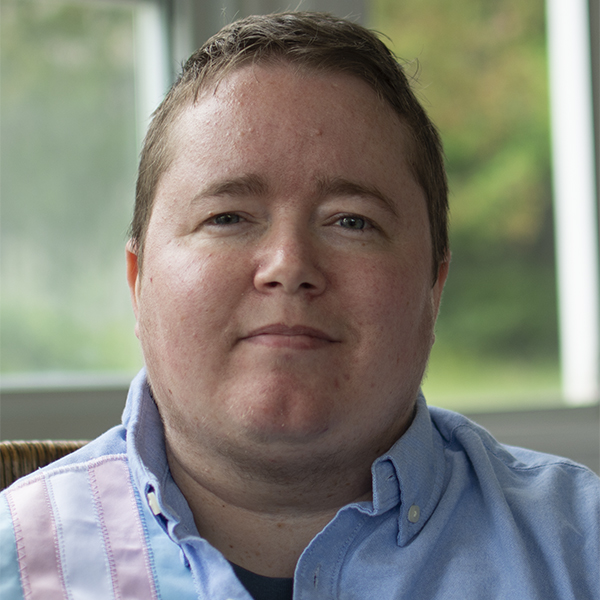
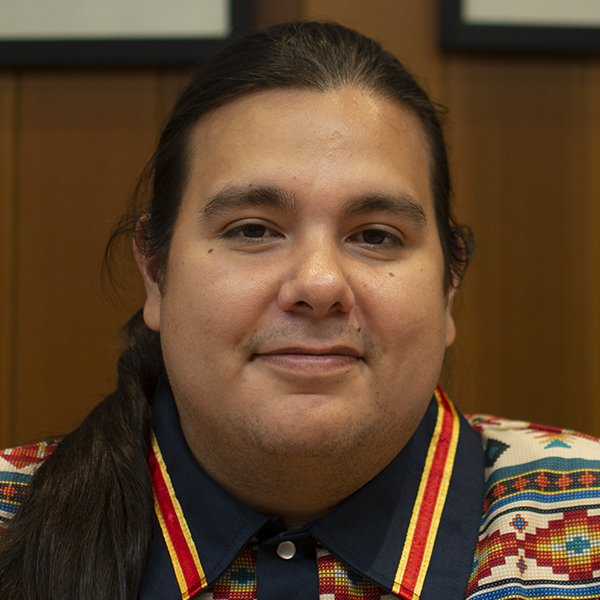
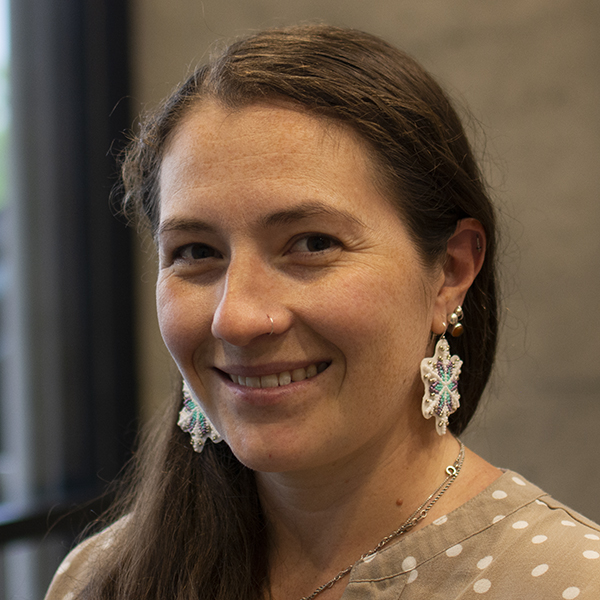
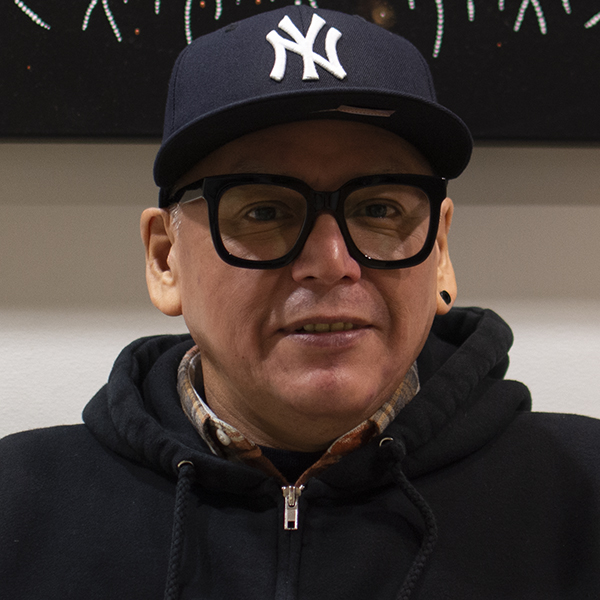
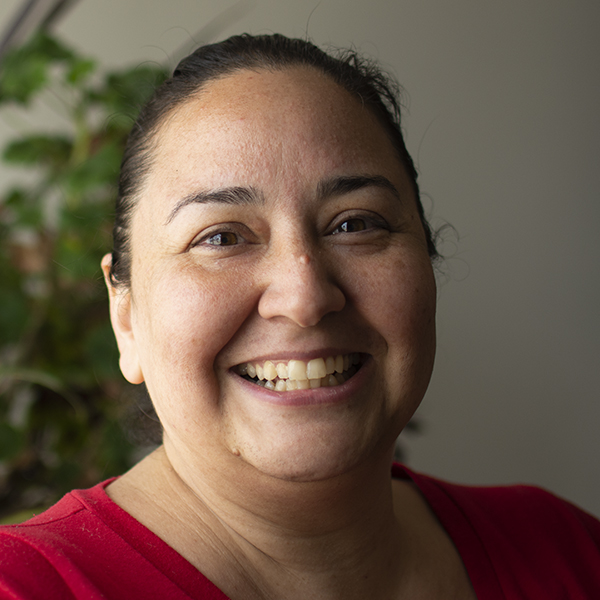
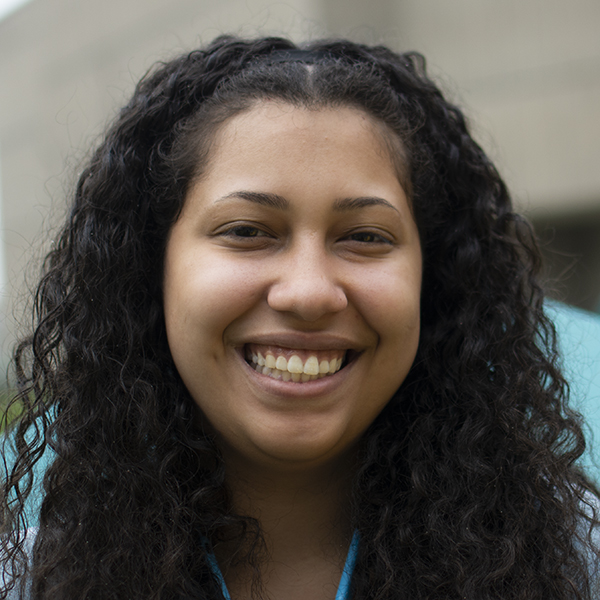
Student: Greg Michael Loon has completed their first year of the Bachelor of Social Work (BSW) program and is Indigenous James Bay Cree.
“Indigenous History Month means acknowledging a strong and passionate culture of first peoples of this land. We are strong and united; we will never go away.”
Student: Charlie Wryland is in their fourth year of the Work and Labour Studies program and is Haudenosaunee First Nations.
“For me, National Indigenous History Month is a time to reflect and take stock of the work we’ve done as a society and the work I’ve done individually in advancing our efforts towards reconciliation.”
Student: Melissa Somer is in the 2023 Master of Education (MEd) - Urban Indigenous Education Cohort. They are First Nations mixed with Pennsylvanian Dutch.
“Indigenous Peoples Day is about gathering for the solstice by being with friends, family and community to tell stories, celebrate a fresh start and the removal of past burdens.”
Student: Scotty Peters is currently studying in the third cohort of the Waaban Bachelor of Education. They are from We’koqma’q in Cape Breton Island; a Mi’kmaw person currently a visitor in Tkaronto.
“National Indigenous Peoples Day reminds me of the day I graduated high school, as I graduated on the 21st of June. I also appreciate how Indigenous people saw the 21st of June as the longest day of the year and celebrated it.”
Student: Cheyenne Schmidt-Harlick is in their third year of studies with a major in psychology and minor in Indigenous studies. They are Afro-Indigenous Six Nations - Mohawk, MiKmaq and Trinidadian.
“As an Indigenous person, what Indigenous History Month means is all about connecting within your community, creating allyship with non-Indigenous peoples and celebrating your Indigeneity proudly.”
Student: Erin Goulais is going into her fourth year in cognitive science, Indigenous studies and is working on an ethics certificate. They are Ojibwe Anishinaawbe kwe from Nipissing Dokis Toronto indoojiban.
“The month of June is very important and matters a lot, especially for people like me who have a legacy of colonialization within my family. Residential school survivors, ’60s Scoop survivors, a lot of people in my family have gone through the foster care system. There's a lot of broken ties and room for healing within myself, so reclaiming my Indigeneity is something I do on a daily basis. Healing and reclaiming my culture is the work I do for myself, my children and future grandchildren.”
To learn more about Indigenous History Month and Indigenous Peoples Day at York and to view the student’s full reflections, visit https://www.yorku.ca/about/indigenous-history-month/.
